We spent 17 days in Mali during Christmas 2005 & New Year 2006. Although we had only a bit more than two weeks to visit this huge country, we managed to see most of Mali’s major attractions.
After spending the first night in Bamako and being eaten by mosquitoes we flew immediately to Timbuktu. Covering one leg of the trip by plane saved us a lot of time. Ignore what travel guides say, flying is a good alternative in Mali. Though tour books kept repeating that this place is a simple town on the edge of the desert living off its myth, we really enjoyed Tombouchtou (Timbuktu). Most likely because we had enough time to adsorb the city’s flair and secondly we did not expect too much. There is no tarred road anywhere in town, which makes it a quiet place despite the trucks racing through the city center causing the omnipresent herds of goats fleeing in all directions.
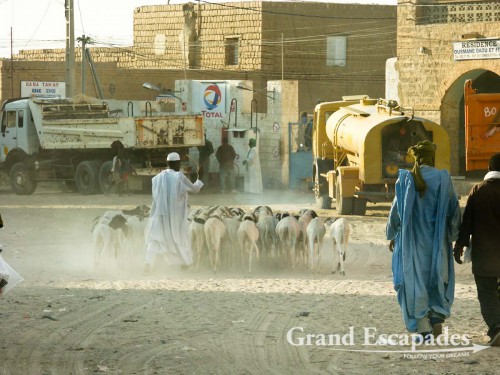
A glimpse of Timbuktu: men in traditional clothes, sheep, trucks … and dust! Several worlds meeting each other, Timbuktu, Mali
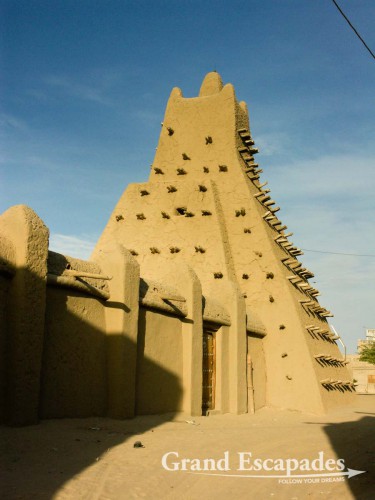
Part of the former university, the oldest one in Africa, dating back to the 16th century. Then, up to 25.000 scholars were studying in Timbuktu, which at that time was one of the cultural centers of the world, Timbuktu, Mali
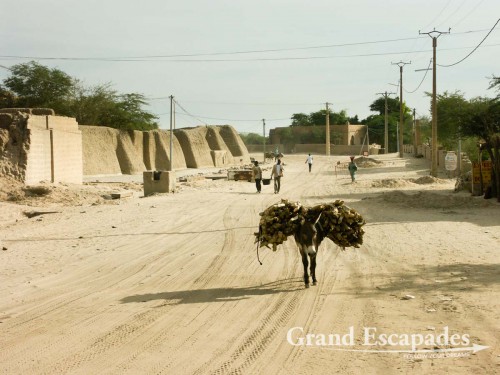
The streets of Timbuktu: tranquil and slow moving. You are always aware that you are at the edge of the Sahara, Timbuktu, Mali
An individual tourist can hardly escape the services of a “guide” anywhere in Mali. Eventually we gave in, because we realized we would get to see things that we wouldn’t be able to find on our own and most important, we found peace after declaring Jimmy Carter, yes this was his assumed name, to be our guide.
We left this desert town in a “4-wheel drive” at dawn for a seven hours drive to Mopti crossing the Niger near Timbuktu at sunrise. Our driver stopped at a shack to pick up more passengers and filled the car to above capacity, a little extra income. At this stop our eyes caught a tin saying Nescafe, this much desired beverage turned out to be heated water from the river, milk powder and sugar. The taste of breakfast drink is unfortunately grained in our mind.
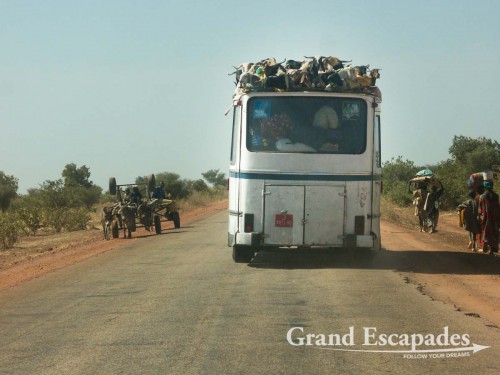
The only tared road in Mali, between Bamako and Gao. The bus is loaded with sheep for the Aid El Kebir – Remember that 95% of the Malians are Moslem
Mopti is a buzzling port and great market town. Farmers / fishermen / customers arrive from the neighboring villages in the most adventurous vessels, some holding hundreds of people squashed together in boat barely drifting above the water line.
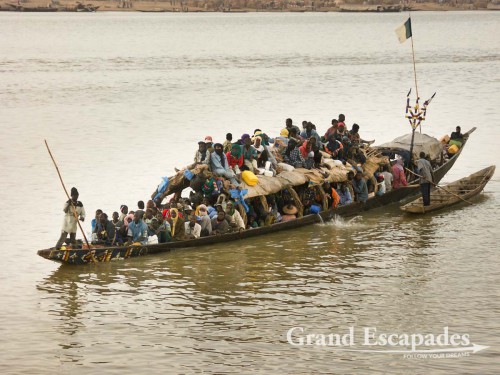
Public transport on the Niger … Eventually we decided against using them! Boat near the harbor of Mopti, Mali
From Mopti we started out for the Dogon Country. A trip through this remarkable region of Mali usually means trekking along the Falaise of Bandiagara and staying overnight in the villages on the bottom of the cliff. Due to the immense heat a few kilometers is about the maximum distance we covered a day, beside this speed allowed to soak up the landscape and village life.
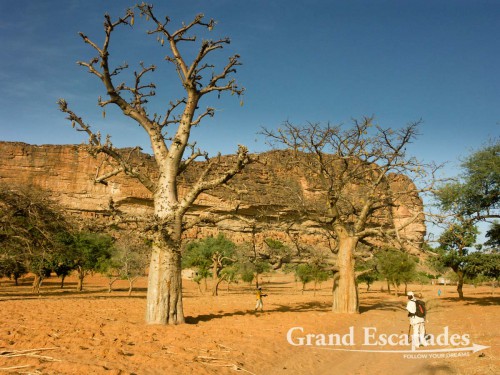
The Falaise de Bandiagara, with villages high up on the cliffs and down in the Savanah, Dogon Country, Mali
We were extremely lucky to be present for the “festival des Masques”, an old tradition of the Dogon Country. The whole village of Ende was participating either as dancers or spectators. We stayed overnight with a family, due to the mild temperature we took our mattresses outside, but were surprised by a sand storm that filled every cavity in our bodies with sand and temperatures became freezing cold. With nowhere to hide and no blanket we spent the most horrible night outside, waiting for dawn to escape our misery. Soon we were distracted by watching an African village coming to life in the wee hours. Living without running water and without electricity for four days was a unique experience, but made us enjoy a hot shower even more when back in Mopti.
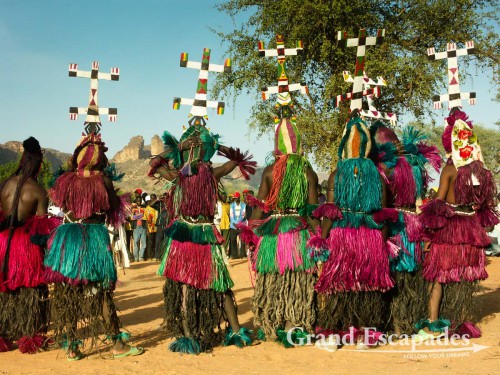
The Kanaga Masks, the highest in hierarchy of Masks, preparing for the Dance – Dance of the Masks, Dogon Country, Mali, Africa
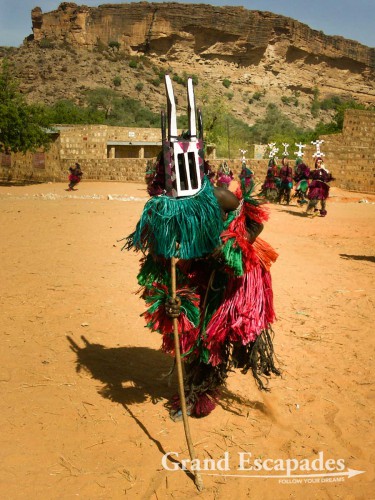
Of course, the “Police” is watching: no women or children shall come near the Masks. There, posing for the photo … “Festival des Masques”, an old tradition of the Dogon Country, in the village of Ende, Dogon Country, Mali
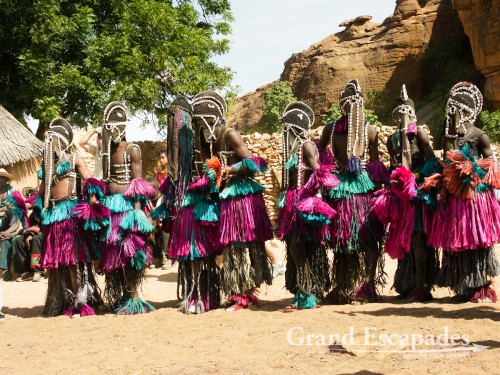
“Festival des Masques”, an old tradition of the Dogon Country, in a village atop the Falaise de Bandiagara, Dogon Country, Mali
From Mopti we took a Baché to Djenne, a baché is a small pick-up truck that comfortably carries 8-10 passengers, our driver managed to squeeze about 20 persons into the truck. We will never forget watching the wooden blanks above our heads serving as a roof, caving in from the heavy load above. For the next few hours we imagined these blanks breaking and going straight through the heads and bodies of all these people unable to move an inch in this overcrowded vehicle.
Djenne’s major attraction is its mosque, the biggest mud building in the world. The famous Monday market is dull and boring, visit the market in Segou on Mondays instead! Besides you avoid the crowds that come to Djenne on Sunday evening. There are only a few hotels which were already booked up when we arrived so we had to spend another chilly night on the roof of Chez Baba’ s little “fort” in the center of Djenne.
From then we took a more comfortable bus to Segou, where we enjoyed the quietness of the Hotel Jacana across the Niger from town. Its French owner is an old Africa hand, who was a guide for big game hunters for 20 years and never runs out of stories to tell about that time. There we rented a pyroque to discover the Niger Delta and stopped at a village famous for producing pottery.
Finally we came back to Bamako, where we spent two days. By that time, Gilles had gotten very ill and we checked into the most quiet place there was, The Mande Hotel, owned by football star Salif Keita. It sits away from the city centre at the edge of the Niger River, with its restaurant on stilts above the water. In the morning, you can watch the hotel laundry done on the rocks below while you sip your coffee; in the evening, as the sun sets, the fishermen are still out throwing nets from their pirogues. Gilles was treated by an extremely helpful physician, before we got on the plane back to Vienna. If it hadn’t been for Gilles miserable state, maybe we would have perceived Bamako a bit more positive, but the noise, pollution and omnipresent poverty is depressing.

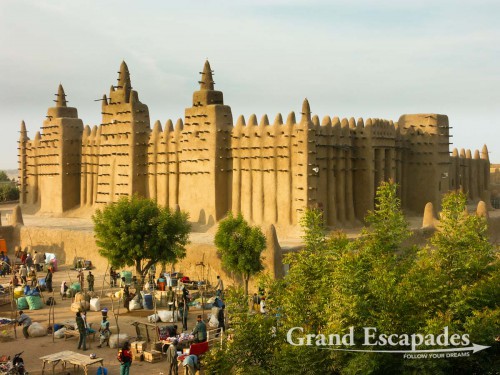
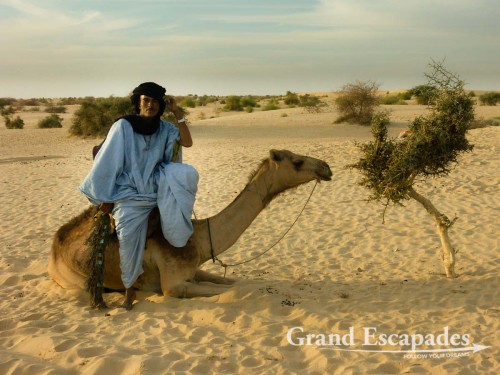
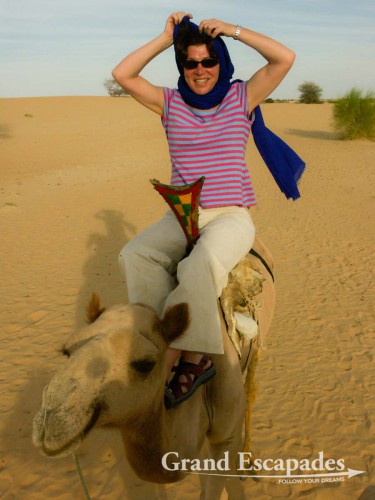
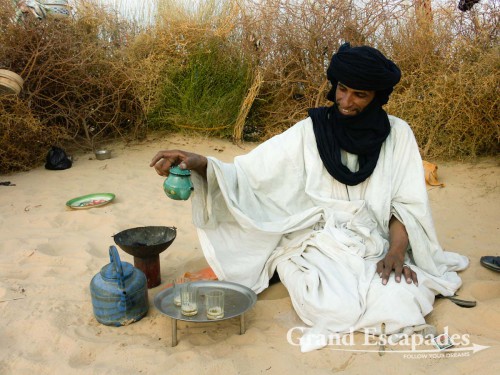
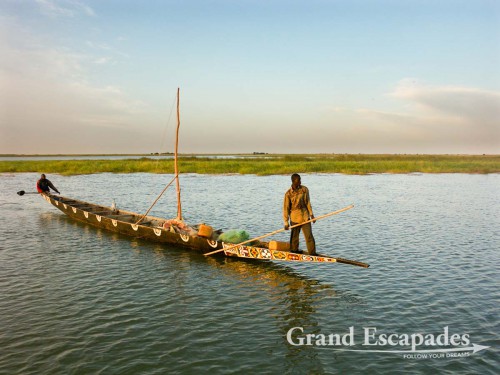
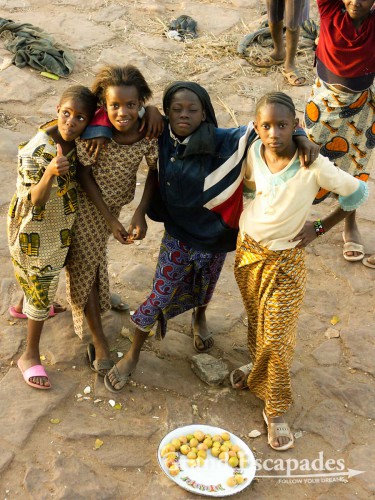
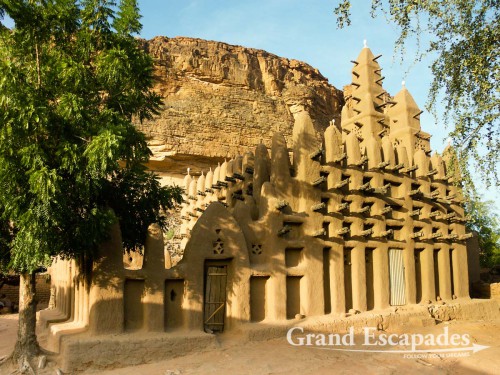
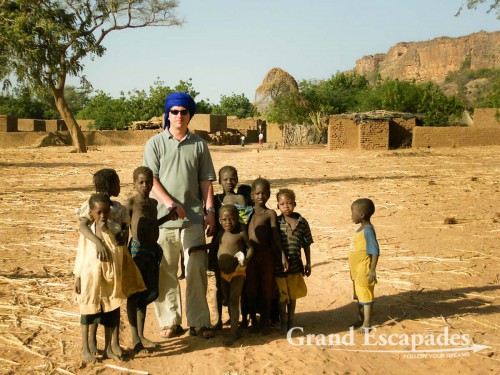
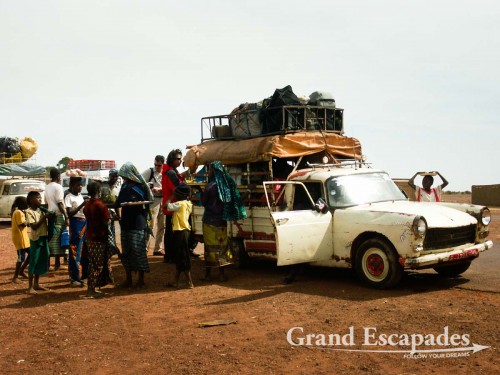
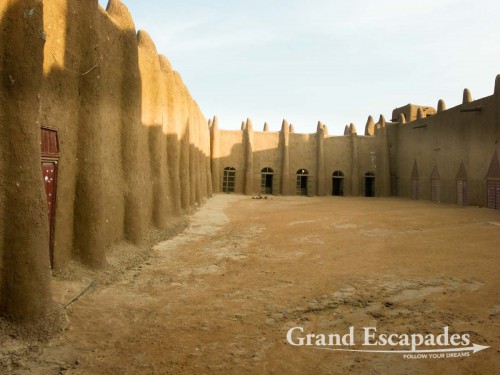
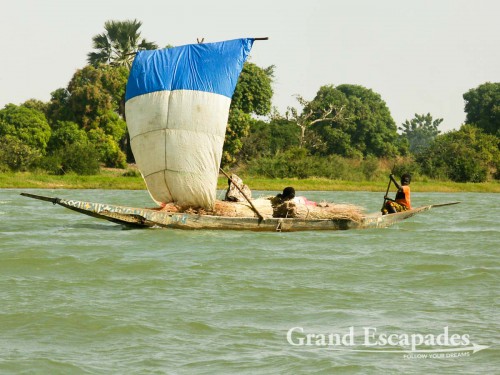
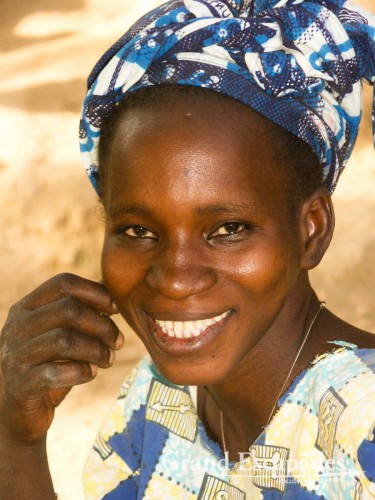
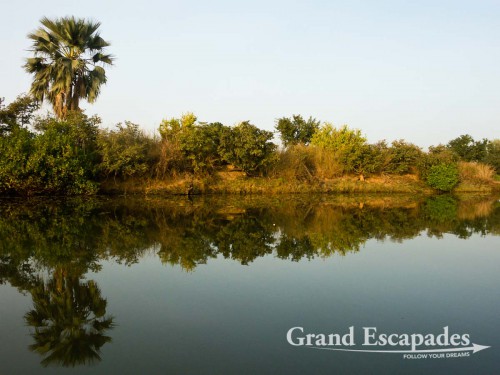
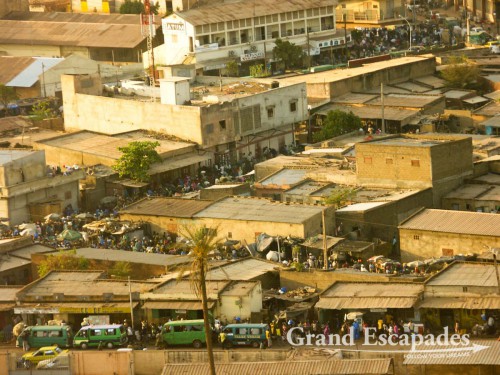
No comments yet.